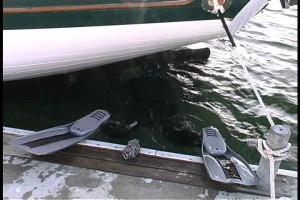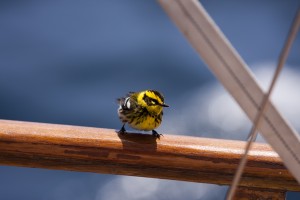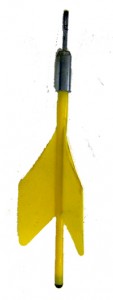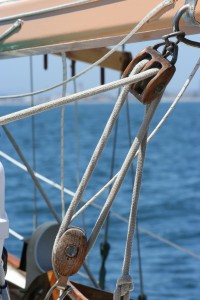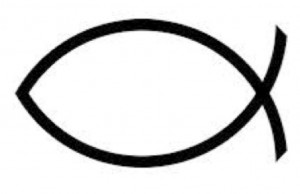 I’m not afraid to admit it: chain saws scare me but can you imagine trying to cut through a log without turning the saw on? That’s exactly how many Christians feel about the Holy Spirit. Although we are promised the gift of the Holy Spirit when we become a Christian (Acts 2:38), many Christians don’t unwrap the present. It’s as if they are so excited about the bow and the fancy wrapping paper, they just put the gift on the mantle above the fireplace for everyone to see.
I’m not afraid to admit it: chain saws scare me but can you imagine trying to cut through a log without turning the saw on? That’s exactly how many Christians feel about the Holy Spirit. Although we are promised the gift of the Holy Spirit when we become a Christian (Acts 2:38), many Christians don’t unwrap the present. It’s as if they are so excited about the bow and the fancy wrapping paper, they just put the gift on the mantle above the fireplace for everyone to see.
“My what a lovely package! What’s in it?”
How sad. Without “power” power steering and power brakes are practically useless. The Holy Spirit is our power to change. Have you ever thought about it? Why do we call the Spirit “Holy”? We rarely talk about the “Holy” Father or the “Holy” Son so why do we emphasize “Holy” Spirit?
It might be to distinguish the Holy Spirit from evil or unclean spirits but I think there is more to it than that. Just as Jesus is called the “Christ” because he is the Messiah – that’s his job; so the Spirit is called “Holy” because that is what he does.
Theologians point out how we are justified (“just-as-if-I’d never sinned”) when we become Christians. They also tell us we are continually sanctified (made holy) as we grow in Christ. How is that kind of change made possible? Through the power of the Spirit who is making us holy.
So how do we “unwrap the package?” Paul told the Romans, “those who are led by the Spirit of God are sons of God,” (Romans 8:14). We are led by the Spirit when we follow him. That requires us to listen, trust and obey.


